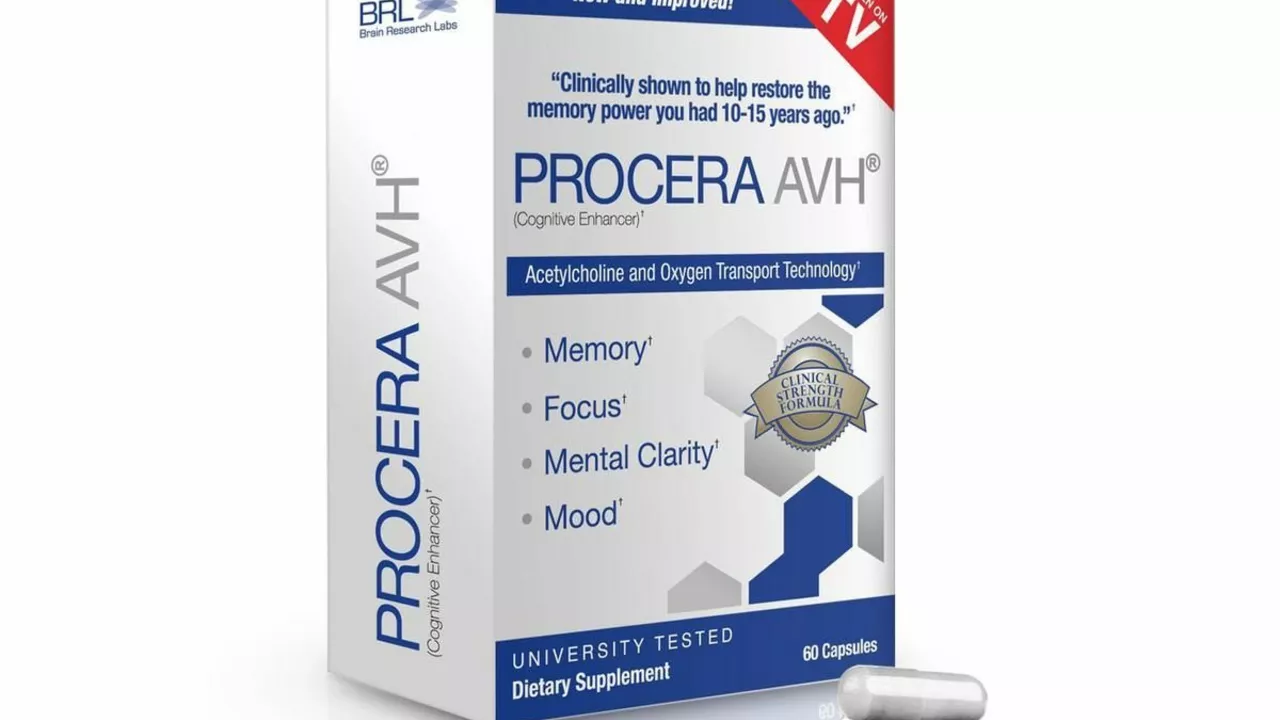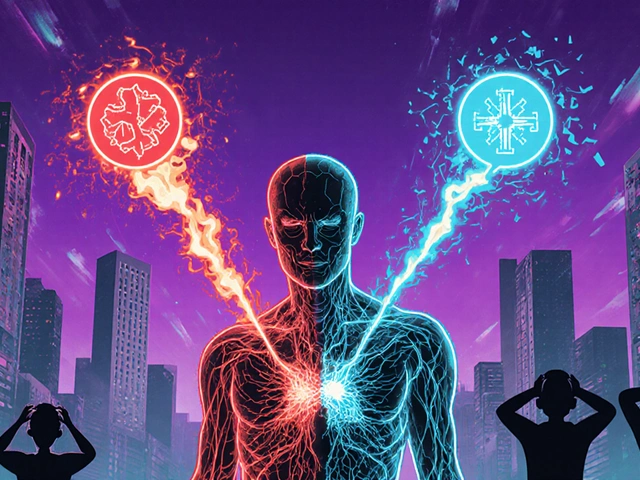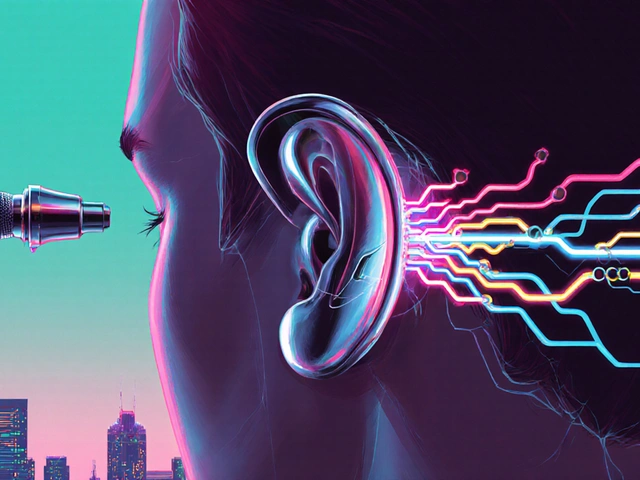Mental Clarity: Quick, Practical Ways to Beat Brain Fog
Can’t focus like you used to? That fuzzy, slow feeling—often called brain fog—hits a lot of us. Sometimes it’s one night of bad sleep. Other times it’s a medication side effect, nutrient gap, stress, or an underlying condition. Below are fast, useful steps you can try today and clear guidance on supplements and when to get medical help.
Fast ways to clear your head
Start with the basics. Sleep, food, water and movement change cognitive function fast. Try these simple moves you can do right away:
- Fix sleep first. Aim for consistent sleep times and 7–9 hours. Even one extra good night makes a big difference.
- Hydrate. Dehydration reduces attention. Drink a full glass of water and notice the difference within 30–60 minutes.
- Move for 10 minutes. A brisk walk or quick bodyweight set spikes blood flow and sharpens thinking for hours.
- Eat a balanced snack. Combine protein, healthy fat and a little carb—like yogurt with nuts or an apple and peanut butter—to stabilize blood sugar and focus.
- Do one focused task. Set a timer for 25 minutes and work on one thing. Short, distraction-free blocks rebuild attention.
Supplements, medications and when to ask for help
Certain vitamins and compounds can help if you have a deficiency or a clear need. Common, sensible options include vitamin B12 if you’re low (especially for vegans or older adults), vitamin D if deficient, and omega‑3s for general brain health. Caffeine helps short-term, and combining it with L‑theanine often reduces jitteriness while improving focus.
Be cautious with anything stronger. Prescription options like stimulants or wakefulness agents can help some people but come with risks and need a clinician’s oversight. Mood and cognitive issues linked to depression, anxiety, or certain medications may respond to different treatments—see our guides on antidepressants like Zoloft and mood-stabilizing medicines like Depakote for context.
Watch for red flags: if brain fog lasts weeks, gets worse, affects memory, or appears with new symptoms (fainting, shortness of breath, sudden mood changes), see a doctor. Also check medications—many common drugs list cognitive side effects. If you suspect a nutrient deficiency, a simple blood test often gives clear answers.
Want resources? RXMedicin has practical articles on related topics—sleep, medication side effects, and safe supplement use. If you’re exploring online pharmacies or need cost info for prescriptions, check our pharmacy guides and medication reviews to make safe choices.
Small changes add up. Start with sleep, hydration and one focused habit. If you don’t improve in a couple of weeks, reach out to a healthcare provider and get a targeted plan.
 16 July 2023
16 July 2023
Homotaurine: The Miracle Compound for Memory, Focus, and Mental Clarity
In my recent research, I discovered Homotaurine, a naturally occurring compound that's being hailed as a miracle for memory, focus, and mental clarity. This compound, initially found in seaweed, has shown promising results in boosting overall cognitive functions. It's also been linked to preventing cognitive decline and improving concentration, providing a great, natural alternative for those seeking to enhance their mental performance. Personally, I think it's fascinating how nature provides such effective solutions for our health. I'm excited to see the further benefits Homotaurine might hold for our brain health.
Latest Posts
-

PrescriptionPoint Online Pharmacy: Safe, Affordable Medication Delivered
-

Discover the Immune-Boosting Benefits of Cajeput Oil Supplements
-

Top Alternatives to Northwest Pharmacy: Finding the Best Online Pharmacies in 2024
-

Neuropathic Pain: Gabapentin vs Pregabalin - What Works Best?
-

Cochlear Implants: Top Benefits for Severe Hearing Loss

10